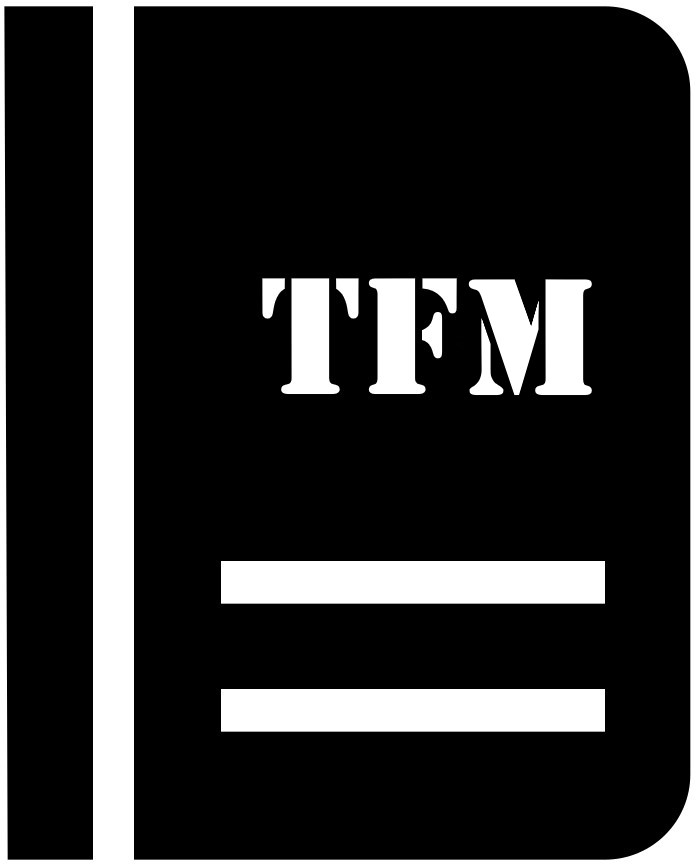|
Author Pérez Torres, Pau |
Catalytic hydrogenation reactions are complex triphasic reactions where there are dependent and independent scale factors that must be taken into account to avoid troublesome scaling-ups. Poorly planned scale-ups can lead to long reaction times, high levels of impurities, or even accelerated reactions that can lead to costly or even dangerous upgrades. The scaling up of a high exothermic hydrogenation reaction, which had previous scaling problems, is used as an example to create a framework for future scaling up of catalytic hydrogenations. An evaluation of significant limiting mechanisms, such as heat removal, kinetics, gas-liquid mass transfer, and solid-liquid mass transfer, is evaluated, concluding that heat removal is a critical factor and reaction time will be therefore limited to plant scale. The gas-liquid mass transfer was determined to be the limiting mechanism at the 300 ml scale and the use of a more efficient impeller solved this problem. The characterization of the mass transfer coefficient of this reactor and the 2 L reactor was obtained and new conditions limited by the solid-liquid mass transfer were determined. A successful expansion from a 300 ml reactor to a 2 L reactor is achieved, although some modifications are suggested to improve the current limiting regime and obtain a more reproducible behavior of these reactions. A workflow for future heterogeneous hydrogenations based on the safety of the extensions is also proposed. |
|
|
Director Sempere Cebriàn, Julià |
||
|
Degree IQS SE - Master’s Degree in Chemical Engineering |
||
|
Date 2021-05-21
|



